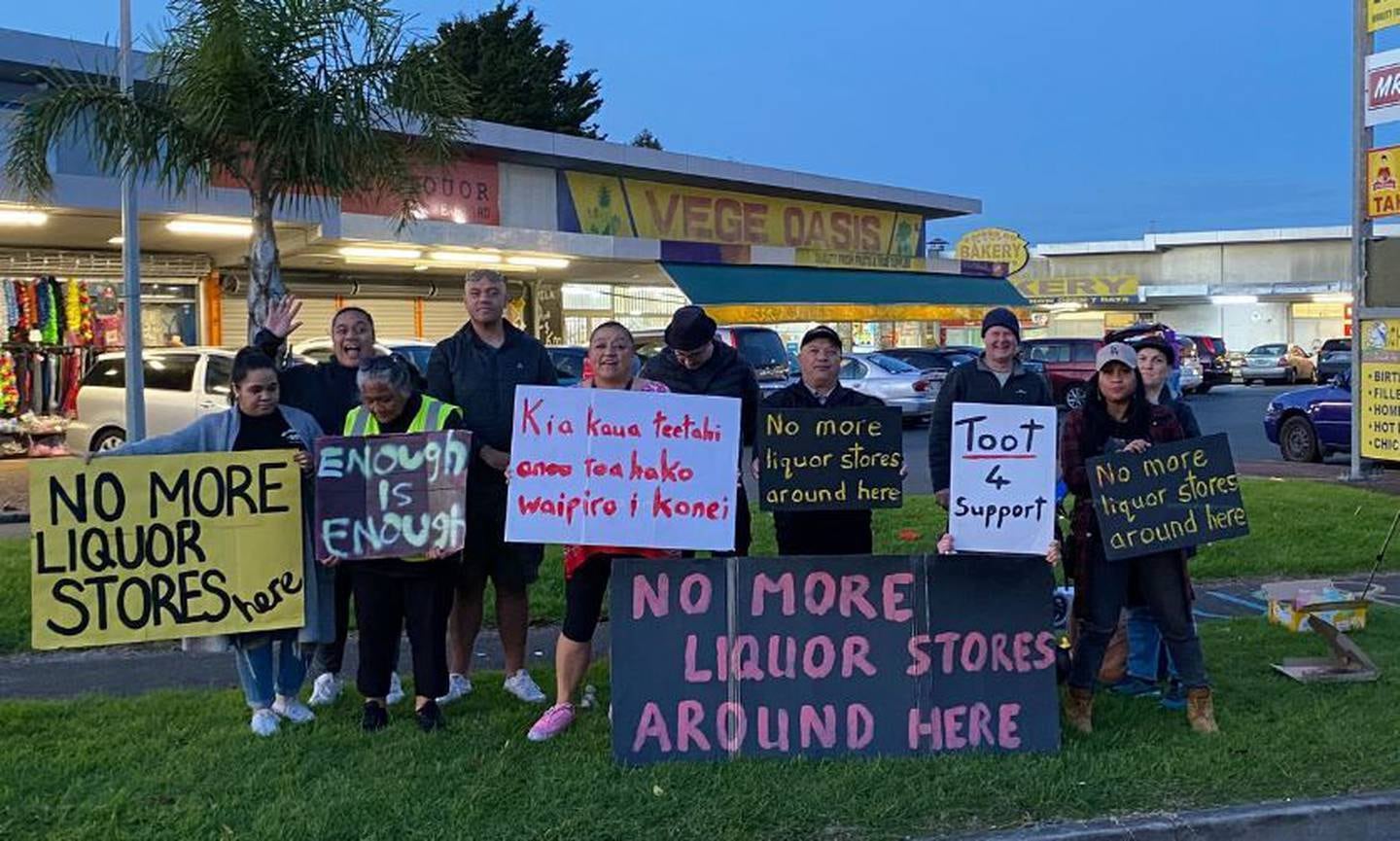Alcohol reform lobbyists are celebrating after the Sale and Supply of Alcohol (Community Participation) Amendment Bill was passed into law last night, while at the same time lamenting the omission of Te Tiriti o Waitangi within the legislation.
After the third reading in Parliament yesterday, the bill’s passage under urgency should be hailed as a significant advancement in the battle against alcohol-related harm according to Alcohol Healthwatch acting executive director Rebecca Williams.
“It has been a long time coming and another hard-fought battle,” Williams said.
Central to the legislation is the removal of the appeal provisions of local alcohol policies (LAPs). The provisions had historically enabled those with “vested interests and deep pockets” to thwart community plans to reduce the number of bottle shops in their area, by bogging councils down in lengthy legal battles, Williams said.
“The law currently isn’t achieving its goal to minimise alcohol-related harm,” she said.

The detrimental impacts of alcohol were “grossly disadvantaged by the current legal framework,” she said.
Health Coalition Aotearoa (HCA) also applauded the legislation’s passage. HCA co-chair Professor Boyd Swinburn indicated the act would help curb the estimated $7 billion of damage alcohol had on health, society, and law enforcement, each year.
“For too long people have had no way to make their communities healthier by reducing the number of cheap alcohol outlets, which are swamping many disadvantaged neighbourhoods,” Swinburn said.
“It was virtually impossible for councils to adopt the local alcohol policy they had developed with their communities because of the need to fight appeals from the alcohol industry,” HCA rōpū apārangi waipiro (alcohol expert panel) member Professor Jennie Connor said.
Green MP Chloe Swarbrick had originally championed even more robust reforms, encompassing a prohibition on alcohol advertising in sports arenas or for sports sponsorship.
The government claims it sculpted the current, more restricted bill, in hopes of ensuring its passage ahead of the election.
Swarbrick said the bill’s success was a direct result of community campaigning over the issue “including most recently with the Greens’ nearly two-years campaign for my Alcohol Harm Minimisation Bill”.
The Greens welcomed the government’s removal of the bill’s special appeals process.
“To be crystal clear, this does not remove the right to judicial appeals ... It simply revokes a special, unique right for alcohol sellers to tie up local alcohol policies progressing - there’s no similar provision for sellers of tobacco, vapes, pokies or any other form of social harm.”
As the changes are hailed, all groups say there’s more to accomplish in subsequent legislation, notably the inclusion of Te Tiriti o Waitangi in regulations.
“Some125 submissions raised concern about the absence of Te Tiriti in alcohol legislation,” rōpū apārangi waipiro co-chair Dr Karen Wright said.

“It is critical for Te Tiriti o Waitangi to be embedded in alcohol legislation, not just in its objectives but in all its processes, to ensure legislation provides appropriate authority and protection for Māori whānau, hapū, iwi and hapori.”
Connor said the group’s mahi wasn’t done to get Aotearoa in line with international standards.
“We need to act to reduce the affordability of alcohol and alcohol marketing which also push up the level of consumption in Aotearoa as recommended by the World Health Organisation,” Connor said.
The alcohol reform is among many law changes, including the government’s Three Waters reforms and Resource Management Act amendments, being expedited ahead of the general election on October 14.
National and Act voted against the alcohol reforms and have also vowed to overturn Three Waters should they be elected to government in October.




